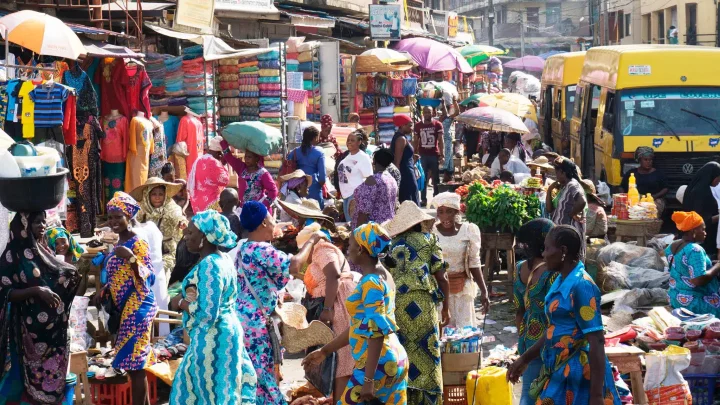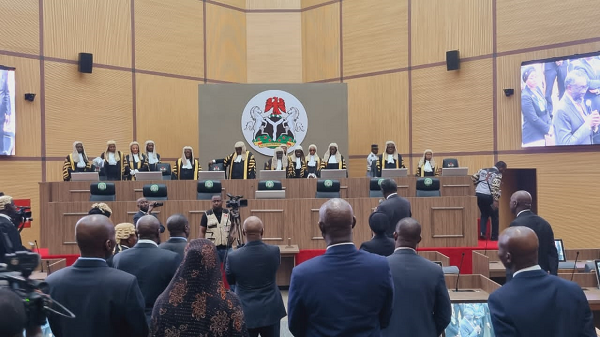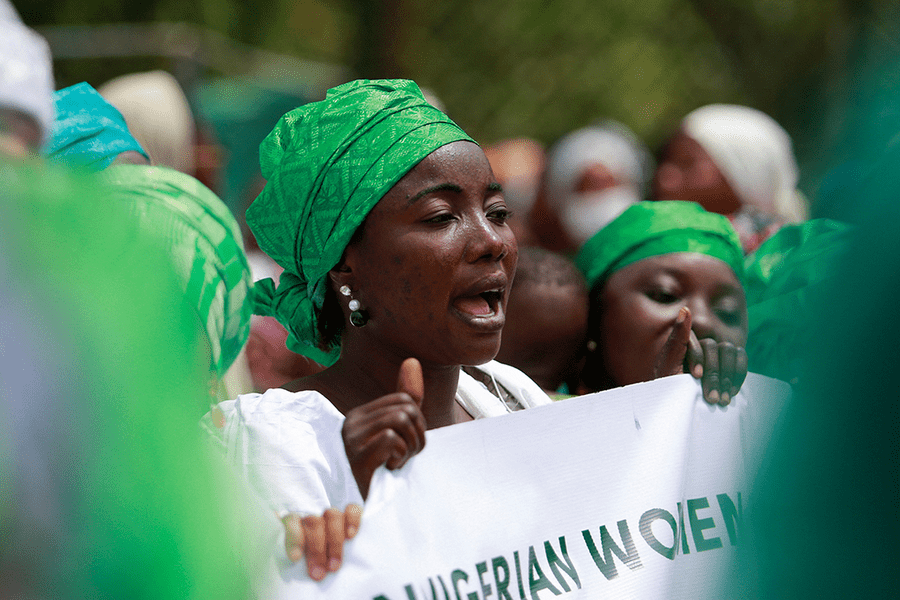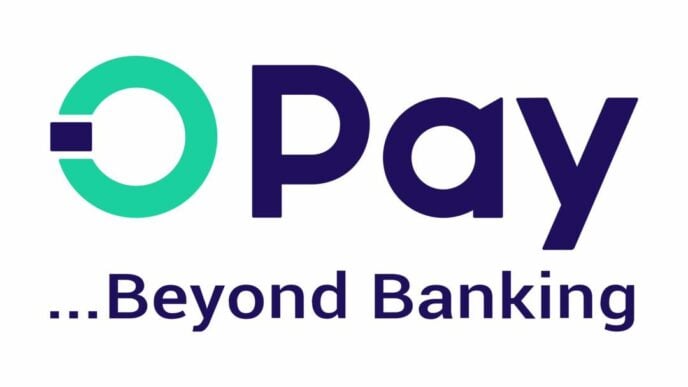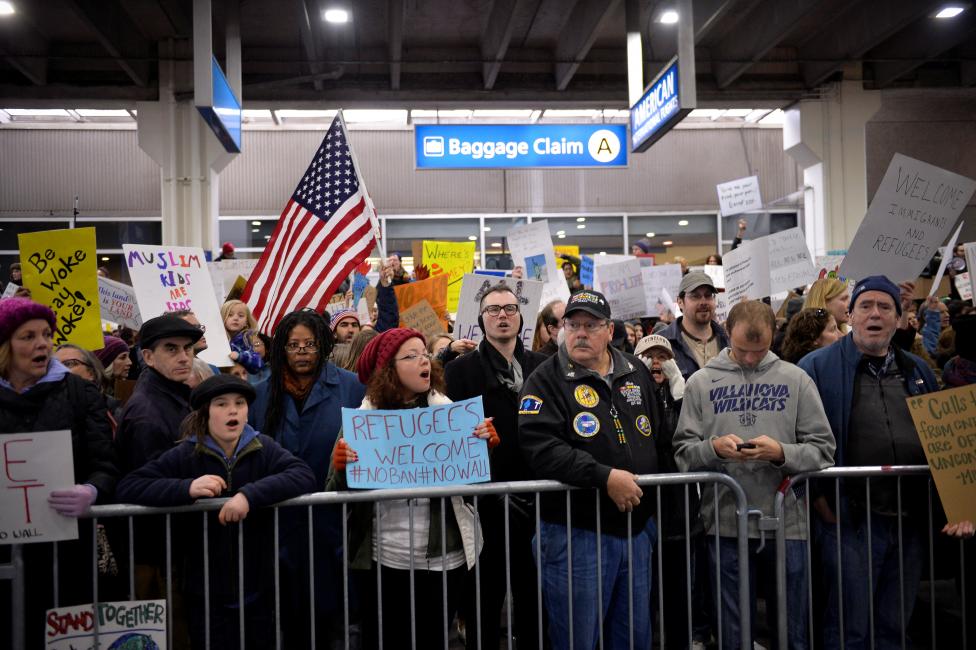BY HAFIZ BAKARE
The Nigerian Government has taken a number of policy decisions in the last 18 months, mainly fuel subsidy removal and floating/unification of the exchange rate, with subsequent dire consequences on the purchasing power and well being of the people.
Given the dependence on fuel importation due to eroded local refining capacity over many years, the effect of fuel subsidy removal (whether partly or fully) has led to significantly increased pump price of fuel with excruciating consequence on the populace more from the impact of currency devaluation than the removal of subsidy itself. Even with the coming on board of the Dangote Refinery, the expectation of reduced pump price and relief for citizens has dimmed given the recent increases in pump price heralding the commencement of operations by the refinery.
This is still traceable to the high exchange rate despite the idea of selling crude oil to the refinery in Naira since the underlying commercial transactions even in Naira are essentially still benchmarked to the equivalent Dollar value of a barrel of crude oil in the international market where it is traded in Dollars.
There is a well established correlation between the exchange rate and domestic inflation particularly in Nigeria. So, as long as the exchange rate remains high, inflation will be high, and with the Central Bank of Nigeria (CBN) focused on price stability and inflation management as core mandates, it would do what it considers necessary to curb inflation. For the current CBN regime, this has been through a resolute laser focus on inflation targeting mechanism utilizing the instrumentality of interest rate i.e the Monetary Policy Rate which it has increased significantly by 850 basis points since the first quarter of this year 2024.
Advertisement
With this background, I had a chat with some colleagues recently and the key thrust of my submission was that given the outcomes of recent decisions and the centrality of the exchange rate in our national life, it might be necessary to pause and reflect even as we “stay the course”. Some of the points are highlighted below:
1. The decision to float and unify the exchange rate may have achieved one of its objectives of (near) unification of official and parallel market rates to reduce arbitrage which was hitherto a major issue, and there has even been relative stability over the last couple of months.
However, at over N1,600, the exchange rate is still very high as the naira is undervalued compared to other African countries (at least in terms of the degree of devaluation against the Dollar over the last 18 months) and also the initial projections of equilibrium exchange rate around N600-N700 by Government officials and representatives (e.g Minister of Finance & Economic Planning, CBN Governor, Chairman of Presidential Committee on Fiscal Policy & Tax Reforms) at different times in 2023.
Advertisement
The key issue remains inadequate FX supply or accretion into reserves. Therefore, it is imperative that we significantly increase supply of FX given low oil output (below budget and OPEC quota) arising from continued oil theft, pipeline vandalization, insecurity and weak infrastructure because we cannot give what we don’t have i.e FX.
Even the argument about devaluation being of benefit for exports due to the expected competitiveness of such exported products in the international market is challenged by the low oil output. This is exacerbated by our economy being essentially mono product, depending on crude oil.
2. Still on foreign exchange (FX) supply, the recent domestic Dollar-denominated bond issuance was said to be 180% oversubscribed but there has not been any material impact yet on the exchange rate.
When the idea of the bond was initially mooted, a key concern in some quarters was that while the bond would encourage locally based Nigerians to bring out their Dollars from domiciliary accounts and “under pillows”, it would equally encourage significant demand for FX by other locally resident Nigerians who would convert Naira to Dollar to partake in the bond, thereby creating distortions.
Advertisement
We cannot be justifiably discouraging dollarization of the economy in one breath and in another breath encouraging the same thing. This informed the suggestion about possibly restricting the bond only to Nigerians in diaspora and marketing it aggressively that way but it was eventually launched making it open to everyone including locally based Nigerians.
Given the limited impact of oversubscription on the exchange rate thus far, there might be a need for scope review as to whether another tranche should still focus on all Nigerians resident both home and abroad or it should focus only on diaspora Nigerians and other international investors. And also to generally review learning points on the bond in order to achieve the desired objectives of increasing fresh FX supply and lowering the exchange rate.
3. As earlier stated, there is a clear correlation between exchange rate and domestic inflation/high prices. We’ve seen that play out in the last 18months. While we might say that the rate of increase of inflation has reduced, is reducing or stabilizing, the inflation rate itself remains unprecedentedly high.
So, given CBN’s dogged resort to orthodoxy in managing inflation, we need to consider at what point to put a hold on Monetary Policy Rate (MPR) hikes or even consider reducing the MPR to facilitate lowering of interest rates which have remained unusually high (due to the high MPR) thereby stiffling access to credit for the real sector or granting very expensive access to credit leading to sustained high cost of products keeping inflation high and stunting economic growth. Without a threshold to put interest rate hikes in check, couldn’t we inadvertently defeat the original objective of inflation management?
Advertisement
In conclusion, the prognosis for exchange rate in the next six months to one year will be determined by decisive measures that must be taken to boost FX supply significantly on one hand and on the other hand by the expected considerable reduction in FX demand arising from local refining of petroleum products. If the latter does not happen, then what would be the point of having a local refinery with such capacity?
These, coupled with other fiscal measures/tax policies just gazetted for implementation, the need to review the extent to which interest rate hikes can continue to be used for managing inflation as well as enhanced communication and engagement with citizens should be given serious attention.
Advertisement
The preceding issues underscore the fact that while Government needs to “stay the course” regarding overall objectives, it surely needs to pause and reflect at this point on the component steps to ensure that it is able to ultimately deliver intended value to the generality of Nigerians who are currently at the highest threshold of endurance!
Bakare, a consultant and former bank chief executive, writes from Lagos.
Advertisement
Views expressed by contributors are strictly personal and not of TheCable.
Add a comment
